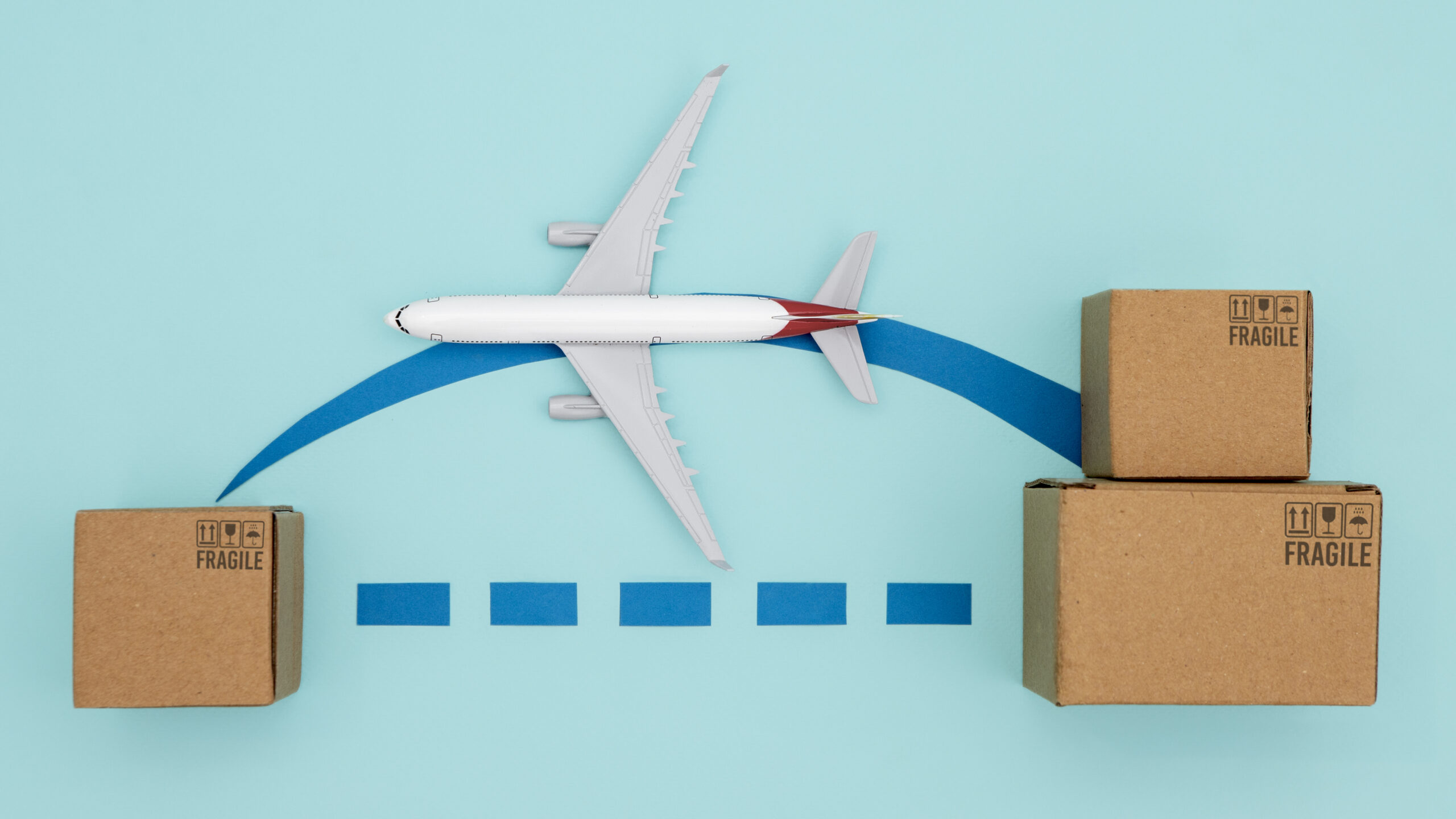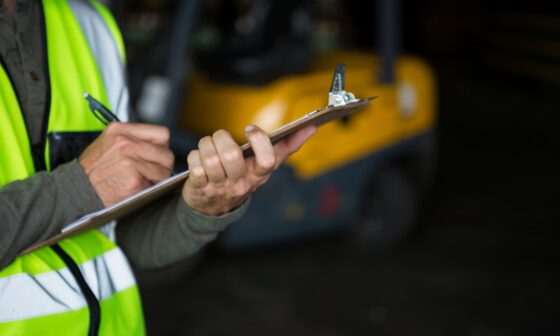E-commerce has gained space in Brazil in recent years, with foreign platforms boosting online shopping in the country. According to market data, e-commerce in Brazil will grow at an annual rate of 20% in the coming years, jumping from US $211 billion in 2022 to US $400 billion in 2026.
Today, the country accounts for more than 40% of all online sales in Latin America and is one of the top 10 markets of greatest interest for Asian retailers looking to expand internationally.
Companies like Amazon, eBay, OLX, Mercado Livre, Magazine Luiza, Shopee, AliExpress and many other large retailers make most of their sales through the marketplace precisely because they achieve a good competitive advantage. According to the Brazilian customs (Receita Federal Brasileira), Brazil receives more than 500,000 international orders per day that are sold on these platforms, but only 2% of them are taxed.
International trade is one of the engines of the global economy, generating huge financial and tax flows. Importing foreign products to Brazil is of paramount importance for the balance of the economy and the market, as most imported products are not easily found in the country, but clear rules need to be established in order to have unity in online business.
Import Regulation
The increase in imports and the appreciation of the exchange rate against the Real currency have alerted the increase in fraud in import operations.
Combating import irregularities, especially customs fraud, is one of the great challenges for governments and the private sector.
The most common frauds are those involving amounts, when the declared amount is different from the originally agreed amount, or tax classification deviations and false or incomplete declarations, with different data from the true characteristics and/or operating volumes.
These deviations, in addition to causing serious damage to the public coffers and importers, also directly affect the retail market, as it increases the disparity in the values of the same products from different sellers.
In this context, in order to combat irregularities, the Brazilian customs established new customs inspection rules based on normative ordinance Normative Instruction RFB No. 2.124/22 (IN 2124/22), where the main intention is to formalize the sending of international remittances, contributing to retailers and marketplaces not harming each other.
Among other benefits, IIN 2124/22 also aims to provide legal certainty, offering equal rules and procedural guarantees for all, such as early customs clearance and permission to use the full rate, which provides lower taxation than applied in the RTS, in specific categories.
The news of Normative Instruction RFB No. 2.124/22
The expansion of online commerce through tax discussions and competition with traditional retail is nothing new in the face of market performance. Many shopkeepers on these online sales platforms are not properly taxed.
With the implementation of IN 2124/22, every international shipment must provide, via courier company and ECT, the data listed in the rule, so that the Brazilian customs system performs the clearance prior to sending the shipment.
Below are some improvements planned with the new Normative Instruction:
Prior risk management
The Brazilian customs will already be able to assess risk management, indicating which shipments need to be cleaned up by the operator before arriving in the country, which ones will have their entry blocked or which ones will need a Shipment Import Declaration (DIR), allowing the customs clearance of the cargo even before its arrival at the customs area.
Advance payment of taxes
Another important point of IN 2124/22 refers to the fact that shipments with advance payment of Import Tax, by the recipient or on behalf of third parties (DDP), will have their import declaration registered.
This is because importers usually declare amounts lower than those actually paid to suppliers and, as a result, obtain an unfair advantage in the collection of taxes in the import operation.
Goods are accounted for with the classification “gifts” and are often not taxed. The packages still come with documentation with a declared value lower than the one actually paid by the importer: Usually below $50 to avoid inspection and taxes.
Common import regime forbidden to companies
IN 2124/22 legitimately prohibits importation on behalf of others or by order based on a declaration registered in the common import regime for international shipments destined for companies, and reinforces the registration of the import declaration in the Brazilian customs’s own system for shipments destined for the companies.
Benefits for the chain
With the new rules established by IN 2124/22, the Brazilian customs is able to manage more efficiently the global sellers, including archiving routines and protocol verification, in addition to increasing the visibility of the customs inspector of transactions carried out in digital retail through sharing protocols and platform information or financial transactions.
By also assigning responsibilities to logistics agents, including postal services and tax collection and the sharing of data on international shipments, it manages to organize the chain from end to end, streamlining the handling process and ensuring greater speed for the final public.
With market adequacy, sales tend to grow significantly and operations can become complex, especially for sellers operating in multiple marketplaces.
Sinerlog’s Cross Border technology platform integrates all players in the chain, from the airport and warehouse to the market, and all transaction needs: portfolios, security processes, inventory, customs processes, management and compliance.
Everything that is provided for in this new IN 2124/22, Sinerlog is ready to make your company able to meet all the requirements of the Brazilian customs and not lose global business.
Ensure the compliance of your operation and increase your international sales. Schedule a meeting with one of our experts and take your business to the next global level.








